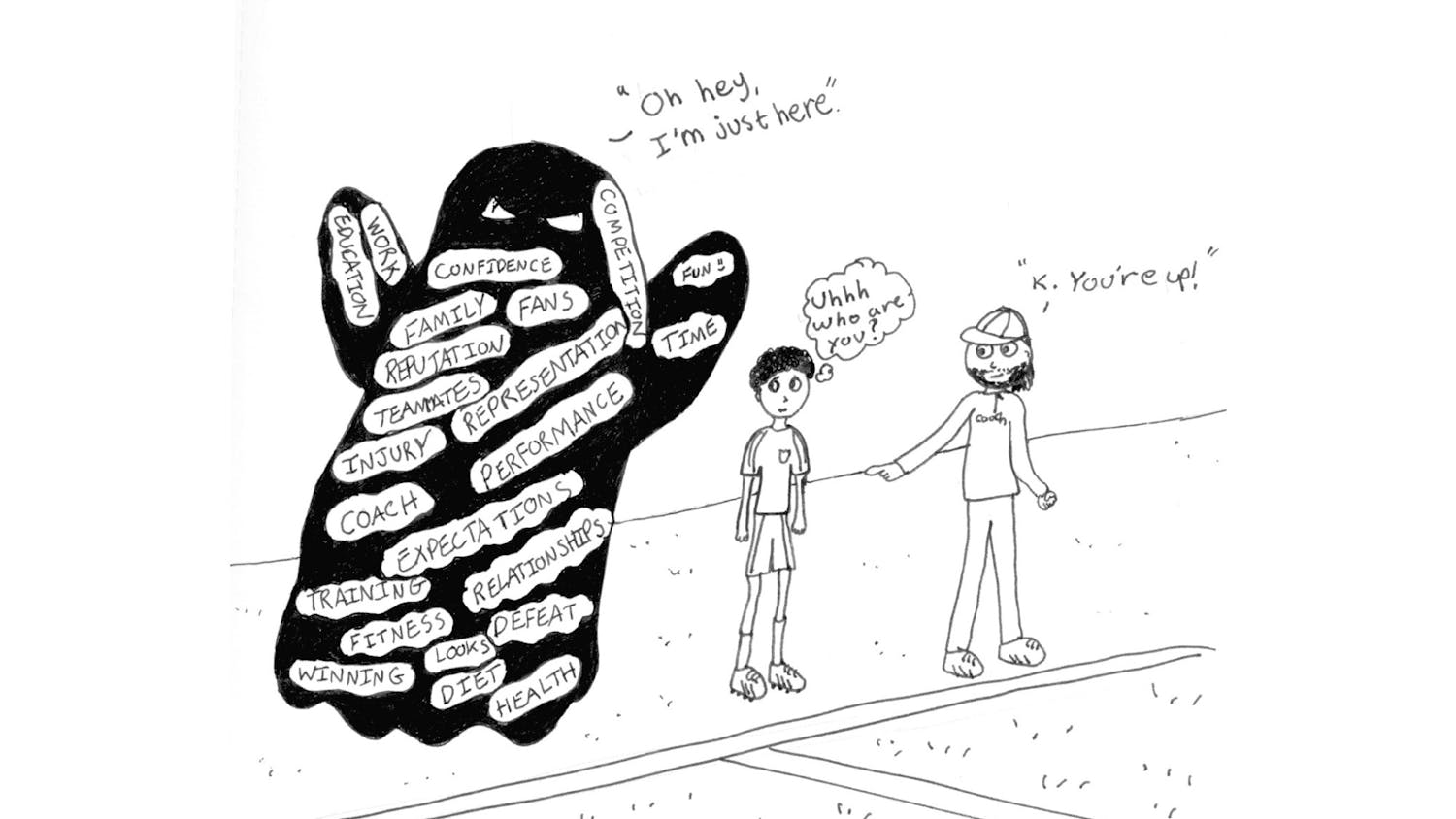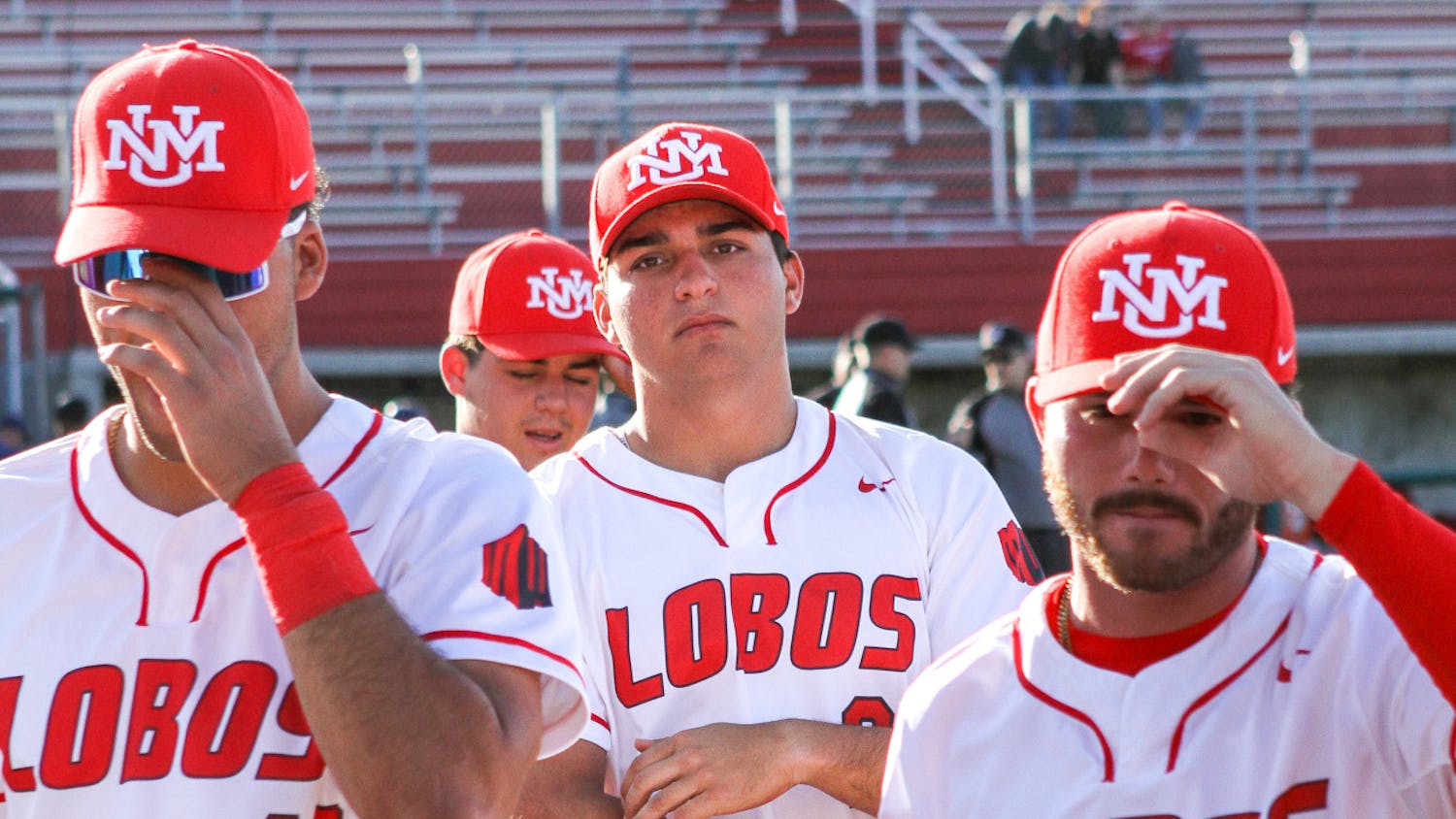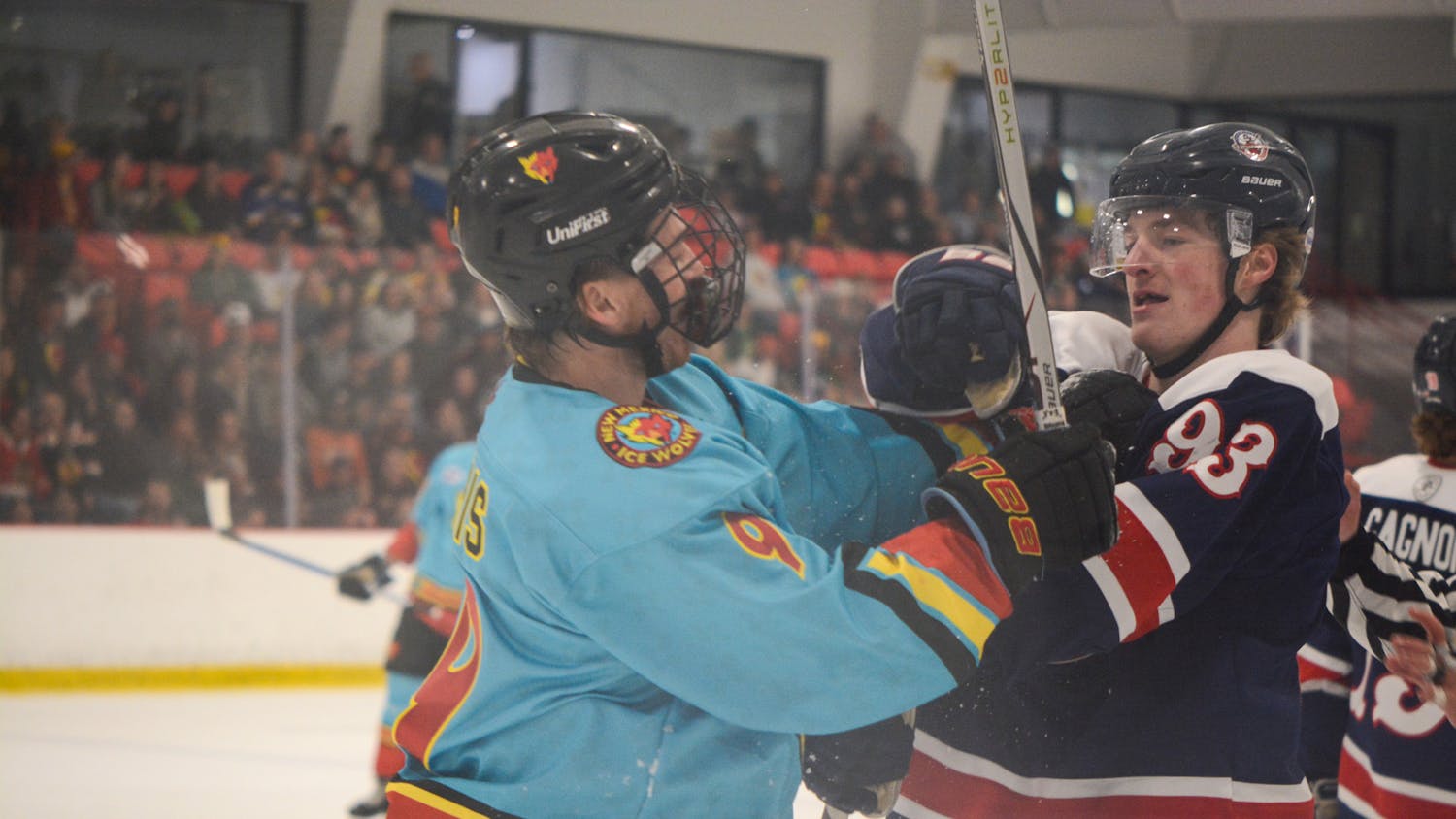The Bracketbusters are breaking down college basketball’s classist narrative.
Little attention has been devoted to the Connecticut-Kentucky Final Four matchup, so much diverted to the little guys’ coming-of-age. Soak it up, Butler and Virginia Commonwealth.
No matter how much analysts and pundits try, there’s no trivializing these teams’ arrival on the national scene. Don’t call Butler and Virginia Commonwealth Cinderellas. They are far more. They’re statistical
aberrations. They’re don’t-ever-bet-on-these-teams-unless-you’re-a-seer long shots.
Together, they represent a counterimage to the ever-present pecking order in collegiate athletics.
History tells us to embrace this. History tells us this doesn’t happen very often. History tells us this probably won’t happen again for awhile.
And unfortunately, after Saturday’s showdown between 11th-seeded VCU and eighth-seeded Butler, one team will be history, a footnote in America’s collective sporting conscious.
It’s a shame that the two teams find themselves on the same side of the bracket. An all-mid-major final would carry so much more weight in legitimizing mid-major teams across the nation.
Such an occurrence would guarantee a win for the oft-forgotten on the biggest national stage not named the Super Bowl. What’s not a shame is that in getting to the Final Four both white-hot teams have beaten some of college basketball’s bluebloods.
And in the setup of the modern-day NCAA competitive arena, that’s worth remembering.
Conventional wisdom holds that because of the NCAA tournament, college basketball is more egalitarian than the BCS, but it’s just as much an elitist caste system, marked by the same inherited divisions of royalty and peasantry — of wealth, power and tradition.
Even filling out a bracket is a reinforcing exercise in conformity.
Save the occasional upsets, who would have ever picked this Final Four? It’s an established, and oftentimes proven, practice to pick the dominant programs. It’s the way it always has been, but as the Bulldogs and Rams are proving, not the way it will always be.
The Dukes, the Kansases, the Kentuckies, the North Carolinas — teams that stand symbolically as the haves — have but one leg left to stand on (the fourth-seeded Wildcats), and maybe to some extent, two with Connecticut, if they’ve assumed a seat among college basketball’s royal court.
Get content from The Daily Lobo delivered to your inbox
What’s troubling is that even after everything they’ve proved in getting to this stage of the tourney, some will continue to think Butler and VCU are nothing more than court jesters — here for our entertainment now, gone later.
Yet the fact remains that Butler, with two Final Four appearances in
consecutive years, is exhuming its mid-major roots and scrapping its subservient implied meaning.
You can’t write off that last year the Bulldogs were a bucket and a lucky bounce away from pulling out the most improbable, haywire upset that would have turned the classist system on its inflated head. This year, without star player Gordon Hayward, they’re back in the Final Four.
From first four to final four, Virginia Commonwealth, led by the scholarly coach Shaka Smart and the Little Engine They Said Couldn’t (Joey Rodriguez), has become the Yuletide story in March that’s gripped the country’s short attention span.
And to think, if not for NCAA tournament expansion (from 64 to 68 teams), VCU likely would have missed out on the madness.
So don’t take this for granted. Take Saturday’s matchup for the experience it is. Revel in it.
These teams not only represent themselves; they represent the underrepresented, the working class, the marginalized, the underappreciated.
They are an ever-evolving metaphor for equality. They are not the rule(-ing), but the exception(al). The hope is that one — it doesn’t matter which — can write the storybook ending to a captivating counterculture narrative.
Only then will Bracketbusters no longer be thought of as an underclass, but a class of their own.





